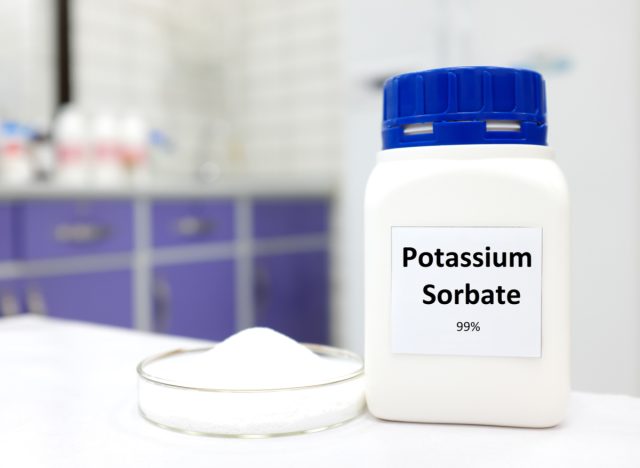Gas filters are specialized devices designed to remove contaminants from gaseous substances. These can include particulate matter, volatile organic compounds (VOCs), and various pollutants that can be harmful when released into the atmosphere. The filtration process varies depending on the type of gas being filtered and the specific contaminants present. Filters can employ various mechanisms such as adsorption, absorption, and electrostatic precipitation to ensure effective purification.





